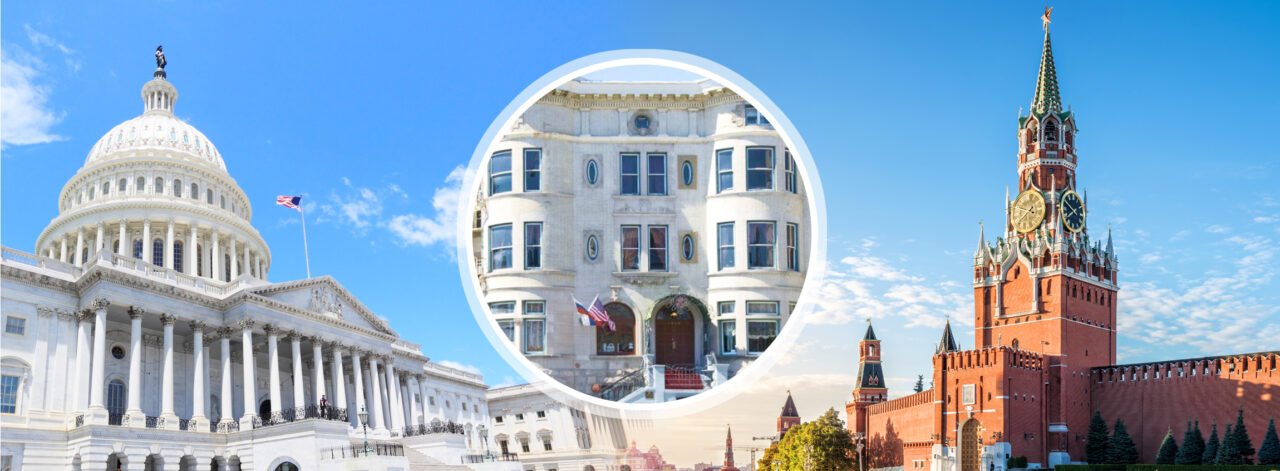Speaking at a news conference with his recently appointed Kazakh counterpart, Erlan Idrisov, Lavrov said the disagreements between the two sides were minor and part of the typical negotiating process.
"Of course, questions arise when we talk about such a huge industrial complex as Baikonur," Lavrov said.
In December, Kazakhstan told Russia that it wanted to reduce the number of Proton rocket launches at Baikonur from 14 to 12, citing potential harm to the environment. The Soviet-built space launch facility is located in Kazakhstan and is on lease to Russia until 2050.
On Thursday, Izvestia reported that Moscow had sent Kazakhstan a diplomatic note threatening to withdraw from all joint space projects if Astana did not alter its position on the number of launches.
At Friday's news conference, Lavrov said: "Yes, there were questions about the number of launches. [But] the Russian side is doing everything it can to reduce the effect of these launches on the environment. For instance, we now use modernized Proton rockets."
Idrisov confirmed that there were no fundamental disagreements between the countries over Baikonur, or over any other issues.
The two foreign ministers met in Moscow on Friday to discuss prospects for further integration and a new partnership agreement.
Kazakhstan, one of Russia's main regional allies, is a member of the Eurasian Economic Community that is set to be transformed into a full-fledged Eurasian Union by 2015 and is part of a Customs Union with Russia and Belarus. It is also a member of the Collective Security Treaty Organization, a Russia-dominated military alliance.
Lavrov and Idrisov commented on one area in which the two countries are taking separate paths: whether or not to use the Latin alphabet for the national language.
In a national speech last month, Kazakhstan President Nursultan Nazarbayev declared that by 2025 the country would switch from using Cyrillic letters to Latin script as part of a modernization effort.
"We're approaching it [the switch] with a clear planning of resources, with preparation of all parts of society, in order not to forfeit our historical heritage and to prepare Kazakhstan for the new conditions of working in the 21st century," Idrisov said.
Turkmenistan and Uzbekistan have made the same move, in part to signify their independence from Moscow.
Konstantin Zatulin, director of the CIS Institute and a former State Duma deputy, said Kazakhstan's decision to follow those countries' example is a smart strategic move that has no serious implications for its relations with Russia.
"Being a wise Asiatic ruler, Nazarbayev sometimes makes certain moves, such as highlighting the importance of Kazakshtan's Turkic identity, to mark his own importance in the eyes of the Russian leadership," Zatulin said. "But fundamentally, Kazakhstan is firmly tied to Russia."
Idrisov mentioned that he had heard Moscow State University researchers had begun developing a concept for converting Russian into Latin letters.
Lavrov denied that such a plan was in the works, joking that there were certain Russian letters that did not exist in the Latin alphabet.
One of the letters Lavrov mentioned, which is typically transliterated as "yo," is associated with many Russian curse words.



_jpg/250px-ElbeDay1945_(NARA_ww2-121).jpg)







